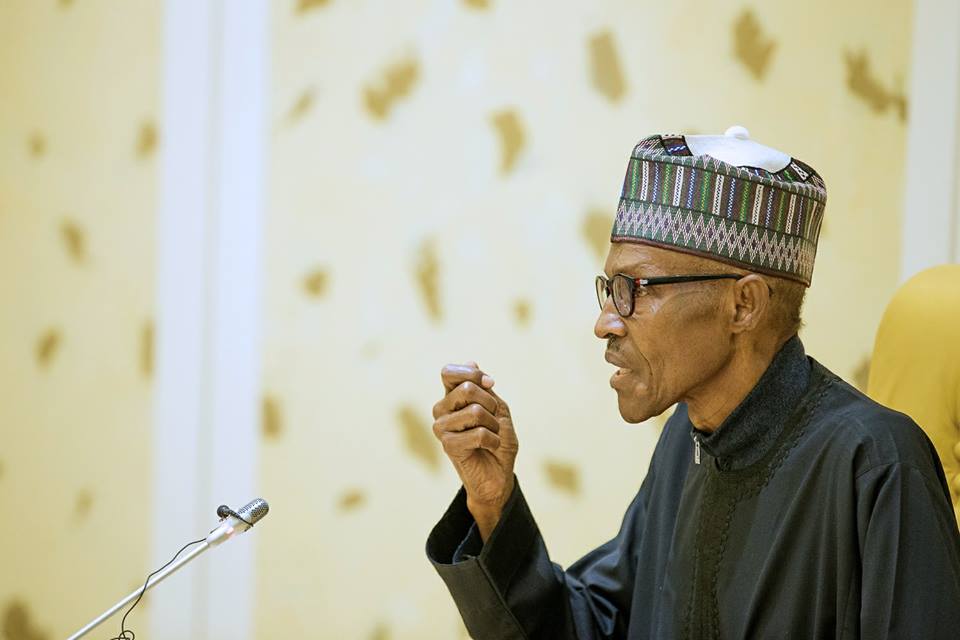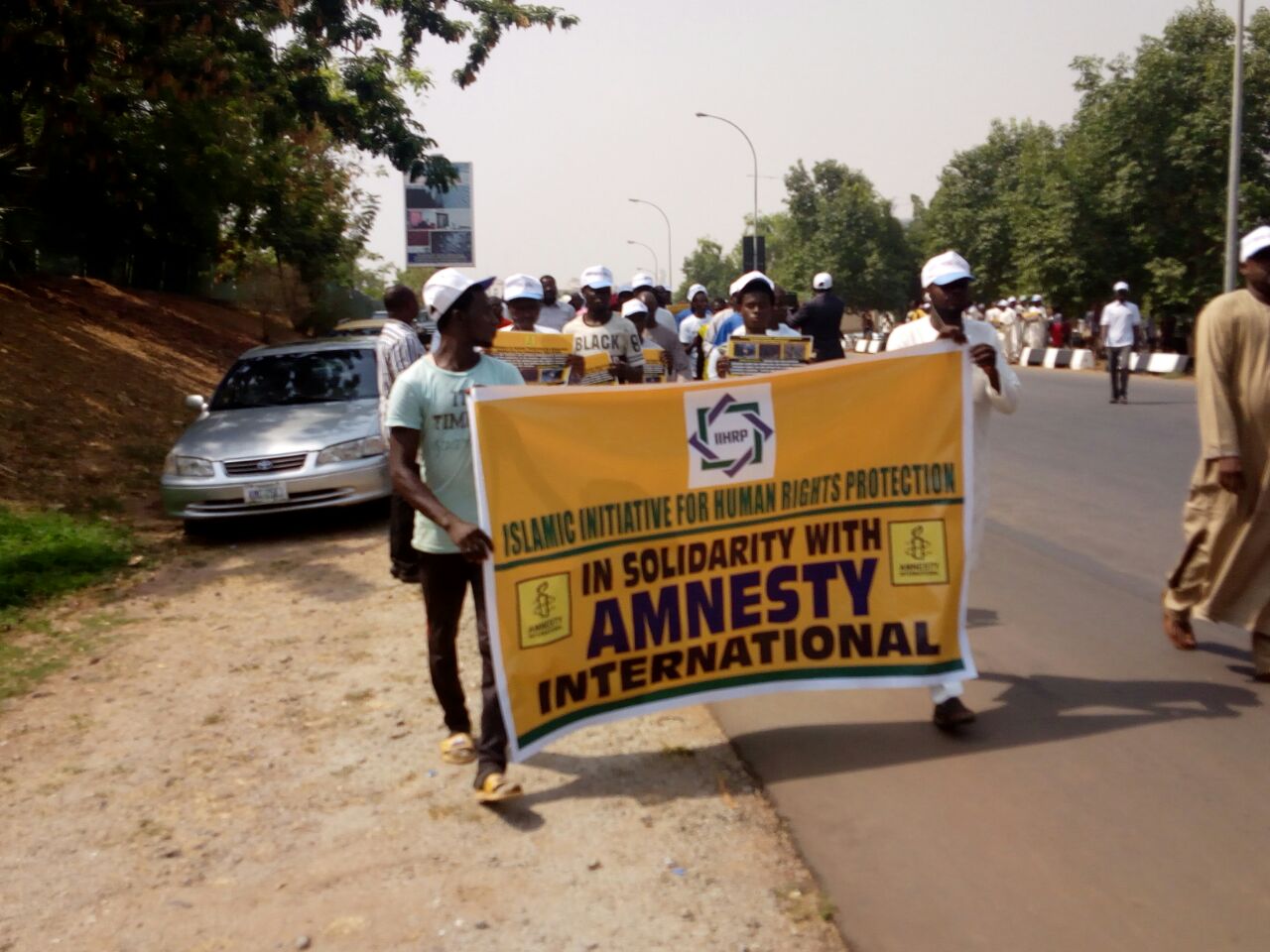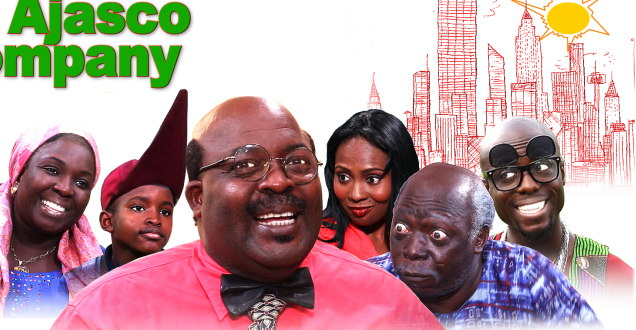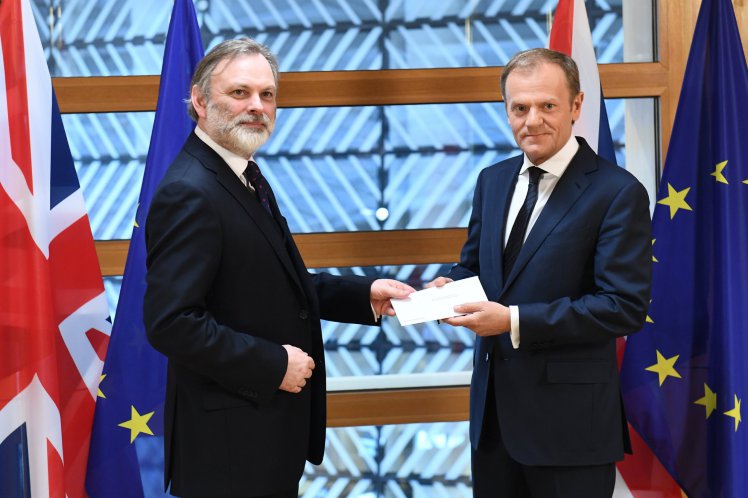President Buhari
BY MUSA HASSAN-TOM
The current administration of President Muhammadu Buhari was ushered in amidst unbridled hope and expectation of a new dawn in Nigeria, given his persona and the preceding milieu. The circumstances of his success to lead the country in this democratic dispensation after three previous unsuccessful attempts created optimism that as a former head of state and serial contender, he is the man cut out for the job to put Nigeria on the tract of good governance and stem the tide of despondency. Almost two years since assumption of office, there is ambivalence of opinion on the legacy that President Muhammadu Buhari will leave behind; for history and posterity.
Whilst some of the erstwhile supporters of the President have become his traducers and some critics; the jubilant crowd of celebrants across the northern part of the country when the President returned from his medical trip to London after 50 days, is a testimony that he is still popular in his primary constituency of the underdeveloped stretch of northern Nigeria. It is therefore arguable whether the President is becoming more and more isolated from his primary constituency of the masses who saw in him an incorruptible and resolute leader and the young savvy netizens who thought that his austere and stern qualities will eradicate the endemic corruption and the pervading insecurity which hindered development and economic growth; or not.
At 74 years; age and agility are not on the side of President Buhari and the President himself has admitted this fact at various fora. The office of the President is a full time job with little time for rest and even a younger person can be fatigued by the demands of the office. Frailty of ageing and the stress of the workload have already manifested in the health challenges President Buhari is facing.
Advertisement
Though age alone is not a sickness but illness at 72 years is more challenging to cope with than at a younger age. Thus, the physical fitness of the President is encumbered by ageing and health challenges and is a contributing factor in the evident lethargy of the administration.
In the merger of his then political party, the Congress for Progressive Change with Bola Tinubu’s led Action Congress, the All Nigeria Peoples Party and the breakaway faction of the People’s Democratic Party; President Buhari had to compromise his principles to figuratively dine with the devil as the coalition that metamorphosed into the ruling All Progressives Congress on which the President rode to power is an amalgam of politicians of all shades and character.
The merger was only achieved because all parties had to make compromises to unite and fight the behemoth PDP, as there was no ideological convergence in the alliance. Again, on the journey to clinch the ticket of All Progressive Congress party, President Muhammadu had to incur some political “IOUs” by way of support from Bola Ahmed Tinubu and other party big wigs. Thus, the President remains politically indebted to his political associates, partners and supporters who worked for the success which saw him wining the presidential election after three previous unsuccessful attempts and cannot therefore beam the anti-corruption searchlight into the past of these people.
Advertisement
The fight against corruption where the expectation was that there will be institutional and systemic reforms in addition to bringing all those involved in pilfering the commonwealth to justice, has only witnessed select investigations and prosecutions. Again, the allegation of corruption against some of the closest associates and appointees of the President has taken away the moral fiber of the fight against corruption and cast a shadow of doubt on the sincerity of the efforts of the President. The fight against corruption has therefore become a matter of convenience and not principle to the President.
As soon as PDP was defeated, the lack of cohesion of the APC started manifesting itself in the intra-party wrangling which became public in the spat that led to the emergence of the senate president and speaker of the house of representatives. The All Progressives Congress has thus far woefully failed to graduate into a political party, properly so-called and has remained a mere congress of allied interests with varying agendas even after clinching power with a majority in the national assembly and almost 2/3 of the 36 states of the federation.
President Buhari with his party in control of the national assembly still suffers incessant embarrassments and blockade by getting approvals and confirmations rejected. The APC leadership of the national assembly has become the fifth-columnist within the ranks of the APC by aligning with Peoples Democratic Party members in the national assembly to hold the executive arm of the government ransom. The sleaze of budget padding and the Paris Club loan refund scandal has clearly indicated that President Buhari has no courage to tackle the corruption perpetuated in the national assembly. The 8th national assembly has thus become a clog in the wheel of President Buhari’s administration.
The personality and mien of the President has not helped his cause either, as he has clinched his fists and has been unwilling to extend his hands to reach out to the broader spectrum of the political class and technocrats, to form an all-inclusive government. He retained the small circle of his close associates who are neither politicians nor have political network, thereby alienating the President from the mainstream political class.
Advertisement
The inner circle and “kitchen cabinet” of the President made up of his close associates has itself become a divided house with infighting and power struggles which has further handicapped the administration and betrayed the weakness of President Buhari. The damning report by the DSS on Magu used by the senate as an alibi for rejecting Magu’s confirmation leaves no one in doubt that President Buhari’s administration is divided against itself and the enemies of the administration are in confraternity with the a faction of the administration in holding the government to ransom.
President Buhari appears seemingly helpless and not in full control of his government as it is becoming apparent that either he is wary or unable to call his appointees to order. The grass-cutting contract scandal by secretary to the government of the federation, Babachir David, failed to generate the reaction expected from the President who largely campaigned and got elected on his anti-corruption credentials and no-nonsense character.
The President and his party campaigned on the slogan of change and made promises based on assumptive variables, more than they can deliver, thereby raising expectations and optimism beyond reality. Whilst acknowledging that the economy was in bad shape and on the brink of a recession on the eve of the presidential election, the slow pace and indecisiveness of the President in forming a cabinet, making strategic appointments, reconstituting various boards and taking tough economic decisions like fuel subsidy removal and foreign exchange policy contributed in sliding the economy into recession.
The fight against Boko Haram has remained inconclusive even though largely successful whilst the plight of the victims of Boko Haram has also remained a neglected item on President Buhari’s agenda as the misery of the victims of the insurgency has been turned into cash cow by secretary to the government of the federation. The fight against corruption has remained selective, inept and a charade by the seeming helplessness of the President and the hawkish stand of the national assembly members who are the beneficiaries of our common misery.
Advertisement
Change requires a shift from the status quo ante with deft, swiftness and firmness which requires vision, cooperation and effort – all driven by hope. Yet, the scope of the challenges the nation currently faces and the ostensible encumbrances of the President have led to a rising helplessness of the nation’s collective spirit and a crisis of hope in the individual citizens.
Overcoming this crisis of hope will require a dramatic change in the way and manner President Buhari has thus far led this country since May, 29, 2015. Time is not in President Buhari’s favour as his midterm report card is already discernible and the remaining 2 years of his 4 year term do not promise any dramatic shift in his demeanor and actions.
Advertisement
*The author, Hassan-Tom, is a Legal Practitioner and wrote this piece from Port Harcourt. You can reach him on [email protected] and also follow him on twitter @mhassantom.
Advertisement






